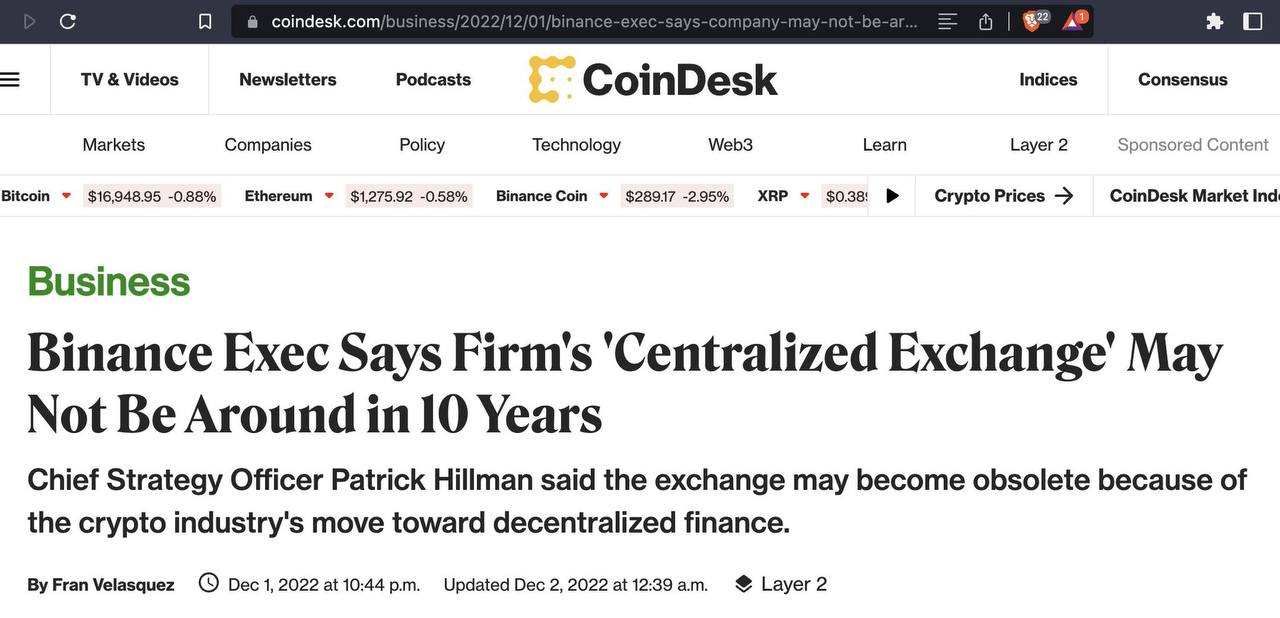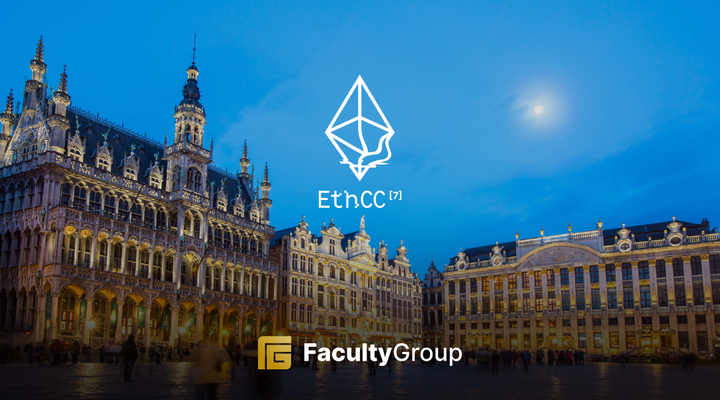How Decentralized Perpetual Exchanges are changing the game

Perpetual swaps have always been a challenging subject for blockchain users, as it takes a lot of knowledge, skill, and experience to fully grasp the concept - not to mention it’s a risky venture. Centralized exchanges in the crypto space have been the dominant providers of leverage trading services, allowing users to go long and short (by borrowing additional capital) against their assets to increase their position size.
For those of you who don’t know much about perpetual swap contracts, I recommend that you check out this informative article by CoinDesk.
As DeFi has expanded over the years, it’s becoming even more of a powerhouse space to be reckoned with (according to a CoinDesk article), with protocols now challenging the likes of their CEX counterparts.

Decentralized perpetual exchanges have become more popular and started taking away market share from their centralized counterparts due to their permissionless and trustless nature, high liquidity, seamless UI, and more. It’s also important to echo the ever-so-famous “Not Your Keys, Not Your Coins” saying, so trading perpetual swap contracts in a decentralized way is fully non-custodial and far safer than on a CEX.
I’ve become a big fan of decentralized perpetual exchanges and believe they’re fundamental assets to the overall blockchain space. Some of the biggest names include GMX ($160M+ in open interest and up to 50x leverage) and dYdX ($258M+ in open interest at the time of writing and up to 20x leverage), which have become established powerhouses and actually grown significantly over the last few months, even through the depths of the bear market.
Here’s a fantastic Twitter thread on GMX and how it functions, including its GLP token, underlying mechanisms, and value to users. GMX is arguably the most well-known exchange and has risen to the top with its attractive low fees (running on Arbitrum) , low barrier interface, and fee model. You may have also heard of Level Finance, which is a project founded in 2020 running on BSC (Binance Smart Chain) - it offers leverage trading up to 50x and was one of the biggest catalysts to encourage decentralized perpetual swaps on the network. Other examples of strong platforms that come to mind are gTrade ($37B+ in lifetime volume), RabbitX (sleek UI), Metavault (built on Polygon & soon to be zkSync), and El Dorado (BNB Chain & Arbitrum), showing the vast amount of options across ecosystems.
This again, caught my eye and could be a good read if you have a few minutes. A comprehensive Twitter thread detailing some of the top decentralized perpetual exchanges.
So why do I think these decentralized perpetual exchanges are so critical? First off, they eliminate intermediaries because they’re decentralized, which reduces counterparty risk. As these exchanges are fully decentralized, they provide traders with the opportunity to join and participate in the ecosystem without any restrictions or limitations. This accessibility enables traders to utilize all the necessary tools to conduct trades seamlessly. Unlike centralized exchanges that offer leverage trading, decentralized perpetual exchanges do not require an extensive and cumbersome verification process, which can take days or weeks to complete.
With a decentralized perpetual exchange, opening a long or short position can be done almost instantly without KYC or restrictions (for the most part), giving users immediate access to large amounts of leverage. I think the concept of leverage trading is becoming more popular as a whole, as these decentralized perpetual exchanges are making the onboarding process much easier and accessible for new audiences. People like the idea of being able to quickly borrow and increase their position sizes, especially in crypto as it is a highly volatile yet appealing space to participate in.
The decentralized perpetual exchanges have already accumulated a massive volume of hundreds of billions in just a few years, which indicates their significant impact on the growth of the DeFi movement. As these exchanges continue to gain traction, they provide traders with new and exciting opportunities to participate in the crypto economy. It seems that this is just the beginning, and we can expect these exchanges to play a crucial role in shaping the future of the financial landscape and drive even more growth into the DeFi space.
As the crypto space becomes more appealing and new players dive into the industry, the need for capital will significantly grow. Decentralized perpetual exchanges provide immediate access to that capital, which will help feed this increased demand.








